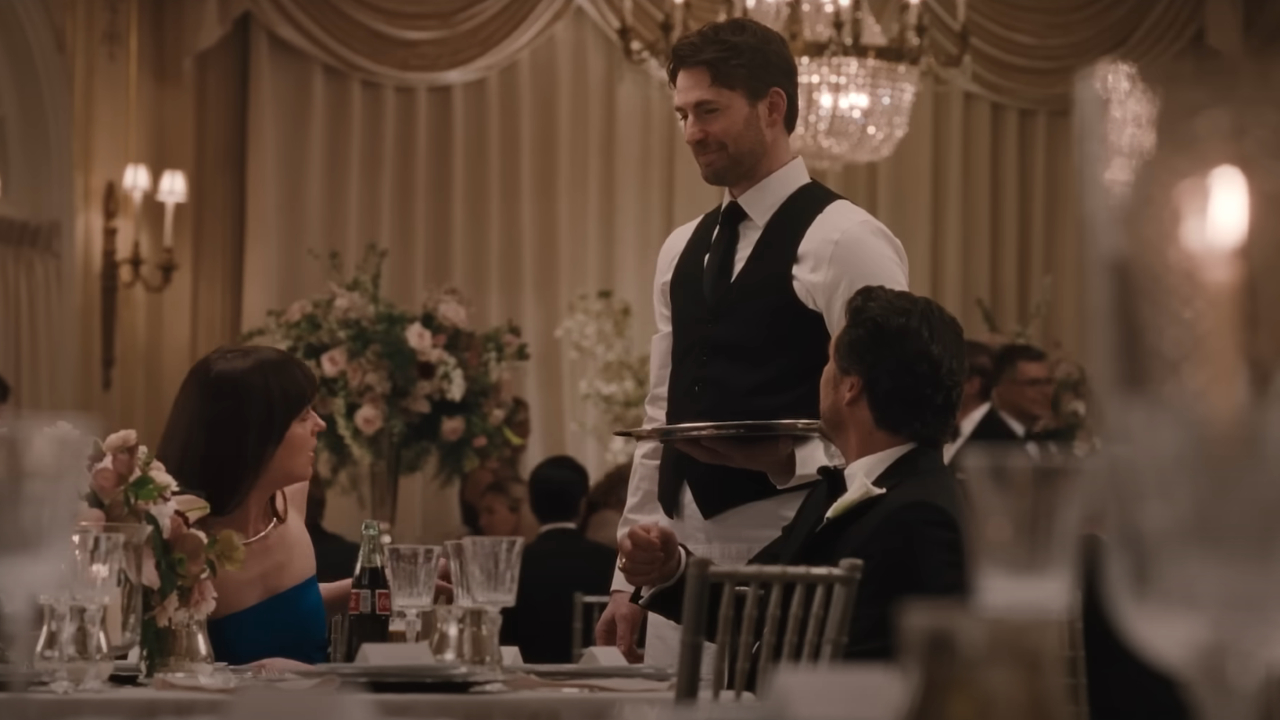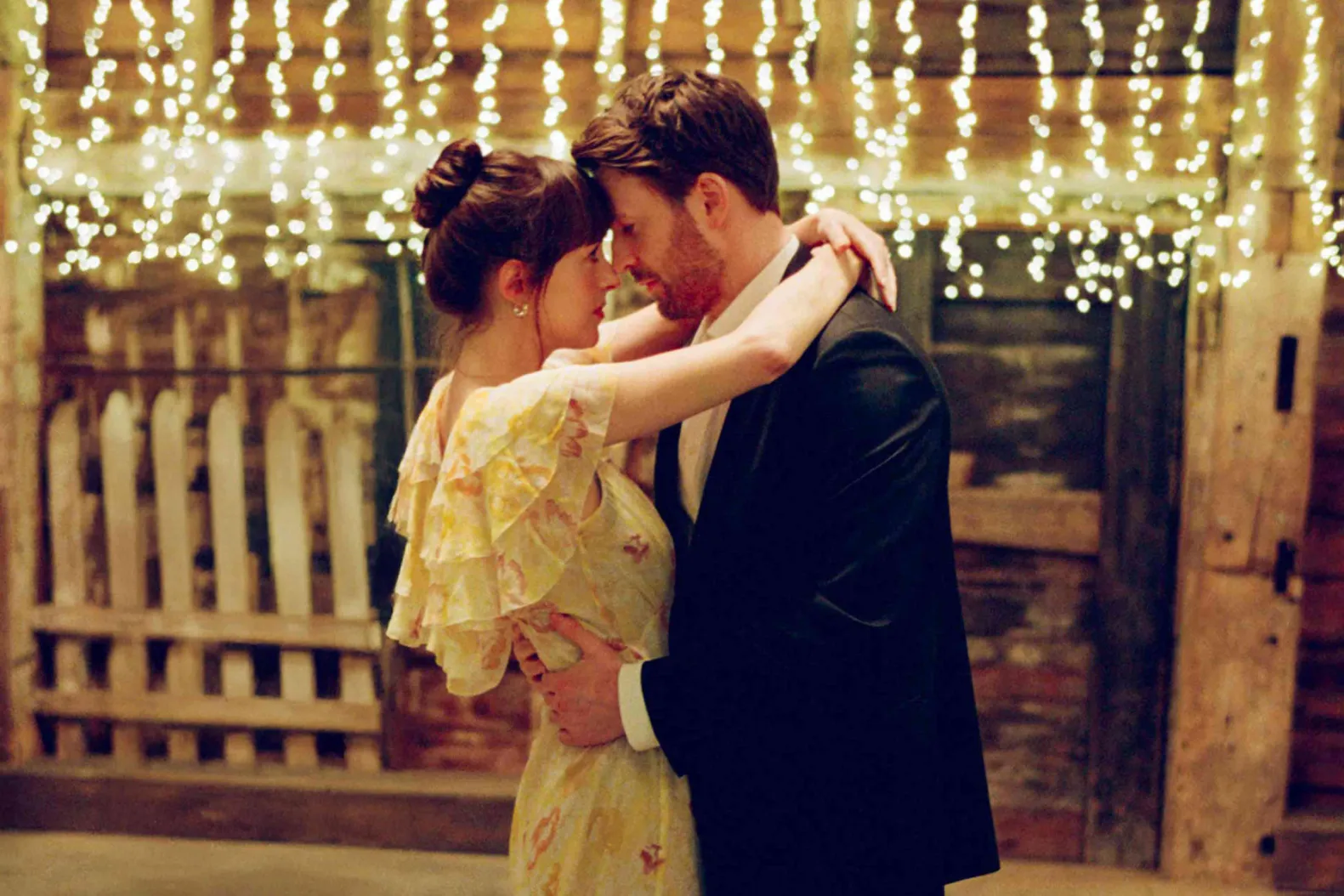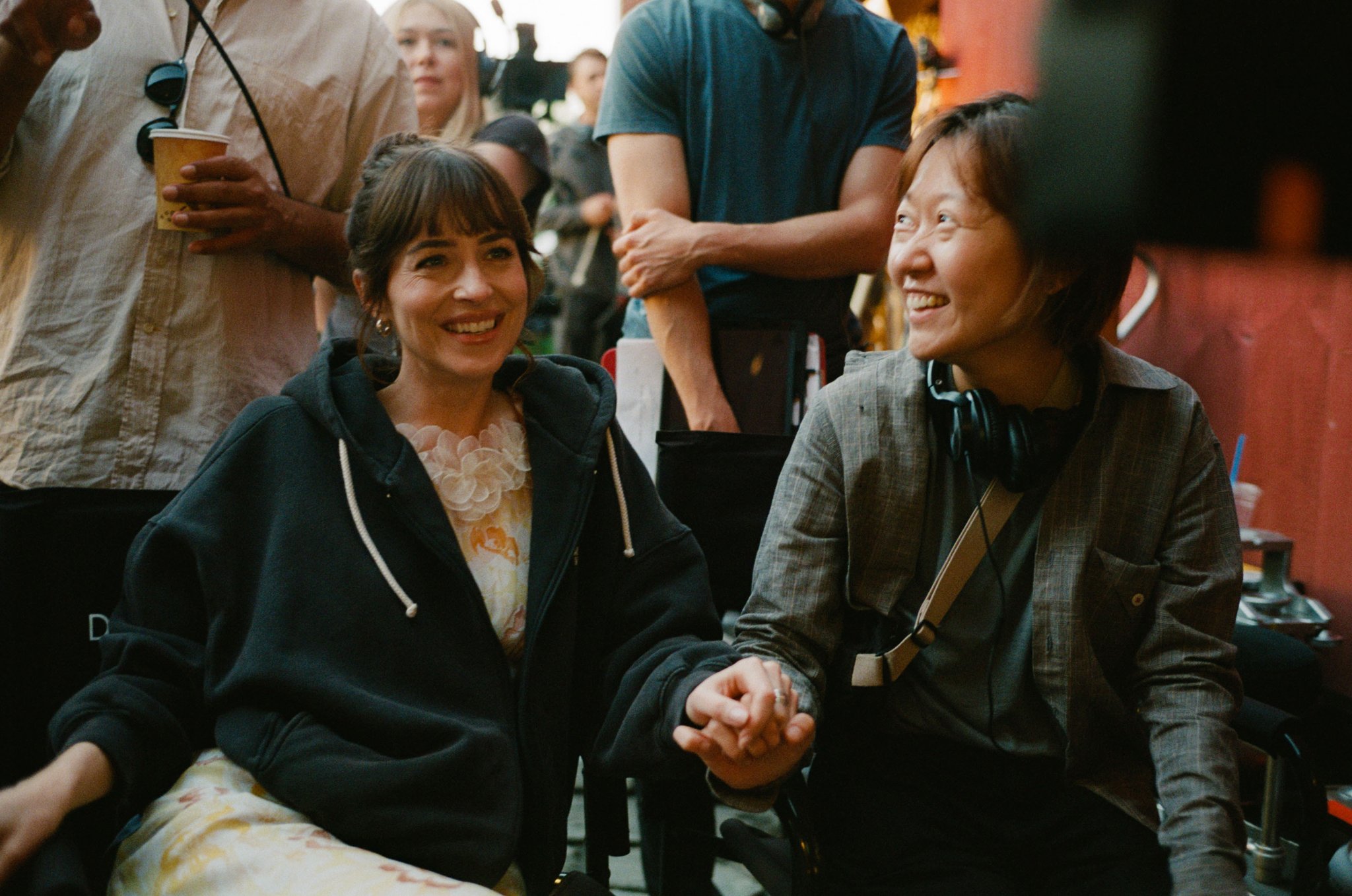‘Materialists’ sweeps cinemas with immaterial charm with its sharp and romantic critique. Representing the realities of modern dating and love in a world where material goods are an important part of love. The movie succeeds in opening a debate on materialistic property and dating life.
The Heart of ‘Materialists’

The New Movie ‘Materialists’ hits cinemas with a wave of excitement for people to watch. The movie is a romantic comedy-drama film, a genre we don’t see often. The movie is different from the trailers. The trailer promotes the movie as only a rom-com, although it’s not your stereotypical rom-com. The film discusses many real-life problems in an original and refreshing way, exploring love and intimacy. Holding a mirror up to our societal values.
‘Materialists’ sweeps cinemas with immaterial charm with its sharp and romantic critique. The movie is character-driven. It follows the protagonist Lucy, a young and ambitious matchmaker in New York City. Her character is controlled, calm, and her ability and discipline are key to her success in her work. She finds herself caught between the security of a picture-perfect match and the raw, undeniable passion for her flawed ex. She finds her heart at war with her mind.
The love triangle between Lucy, Harry, and John reflects the materialist culture prevalent in the world around us. For instance, Harry is a wealthy, eligible, and charming private-equity financier who portrays the reliable, safe, and logical choice for Lucy. John, Lucy’s ex, is a struggling theater actor in New York who is trying to forge a path in the theater scene, portraying Lucy’s emotionally driven past. Though Harry, on the surface, is the safe choice who holds a future Lucy thinks she wants, she finds her heart pulling her back to John.
Beyond the Surface

The movie’s core idea is to open a debate about the reality of modern dating, love, and marriage. Every character in the film acts as a mirror held up to a real person. The movie’s title encapsulates the movie’s idea. How materialistic and superficial things are now as important as true feelings and love in our society. Significantly, the matchmaking service reveals how love is being treated as a transactional deal nowadays. It shows the superficial state of dating from both men and women, turning love and people into commodities. In particular, we can see how the matchmaking service and its clients treat dating as a math equation.
At the beginning of the movie, we can see that Lucy is sure of herself and that her work helps people for good. At first, her beliefs are very mathematical, which we see in her matchmaking and her personal dating life. However, her life’s system falls apart when her math fails her at work and hurts an innocent woman in the process, making her re-examine her beliefs and work. This is when Lucy lets her feelings shine through and takes risks in her love life to find happiness and to stop treating marriage as she says, “like a business contract”.
This is an important event that makes Lucy break away from her routine, and how ethical her company is. Impressively displayed, when she has a meeting with her boss in the office about the predicament at hand. Lucy’s colleagues contrast this critical scene in the background, celebrating two of their clients getting married.
The Final Twist

The ending, just like the whole movie, is realistic and portrays hope for the future that love defies logic and stands in the way of all odds because it’s worth it. The ending shows two people who are going to fight for each other and build a life together, overcoming the materialistic notion of the world, letting capitalism influence love.
Visionary Behind the Lens: Celine Song

Celine Song is the director of the film. The movie is a follow-up to her first feature film, ‘Past Lives’. She came up with the idea 10 years ago when she herself worked as a matchmaker for 6 months in New York. Celine Song felt that this was the best time to communicate this idea of modern dating life to people. Song represents a relationship in a realistic way, which is impressively shown in the dialogue. She reaffirms the idea of materialism in the movie’s ending at City Hall, documenting a physical copy of their love. Song documents different parts and points of view of our culture, exposing people to think about what is happening around them.
Celine Song succeeded in creating a debate about what love and dating should look like. As she wanted to see people’s opinions, whose side they are on, and why. The audience was divided between calling the movie ‘broke guy propaganda’ and ‘capitalist romance’.

